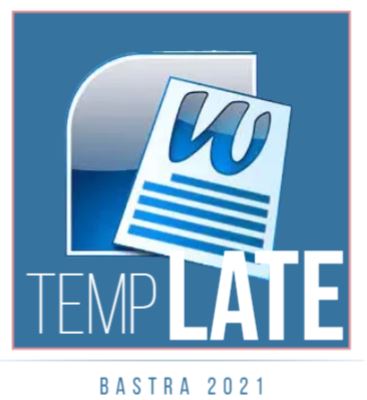MOBILE ASSISTED LANGUAGE LEARNING: THE RECENT APPLICATIONS OF EMERGING MOBILE TECHNOLOGIES
Keywords:
smart phone, application technology, English Language LearningAbstract
The purpose of this paper to describe the rapid developments of smart phone technology and pedagogical application accompanying the process of English learning. Some of the latest research and review has shown that smart phones are contributing significantly to the application of pedagogical process of learning English, which is not limited only to examine the development of smart phone technology itself. Overall, smart phone technology has also been taking part significantly in everyday human life. A discussion of smart phone technology has also been widely known to contribute significantly in the research of Computer Assisted Language Learning (CALL). Many researchers have released their latest report that smart phones contribute positively and effectively at the same time as a support which can improve the quality of English learning process. Challenges and opportunities of smart phone technology has become a matter of everyday discussion.
Downloads
Published
How to Cite
Issue
Section
License
Authors who publish with PENTAS agree to the following terms:
Authors retain copyright and grant the Engagement right of first publication with the work simultaneously licensed under a Creative Commons Attribution License (CC BY-SA 4.0) that allows others to share (copy and redistribute the material in any medium or format) and adapt (remix, transform, and build upon the material) the work for any purpose, even commercially with an acknowledgement of the work's authorship and initial publication in BASTRA.
Authors are able to enter into separate, additional contractual arrangements for the non-exclusive distribution of the journal's published version of the work (e.g., post it to an institutional repository or publish it in a book), with an acknowledgement of its initial publication in BASTRA.
Authors are permitted and encouraged to post their work online (e.g., in institutional repositories or on their website) prior to and during the submission process, as it can lead to productive exchanges, as well as earlier and greater citation of published work (See The Effect of Open Access).

This work is licensed under a Creative Commons Attribution-ShareAlike 4.0 International License.








